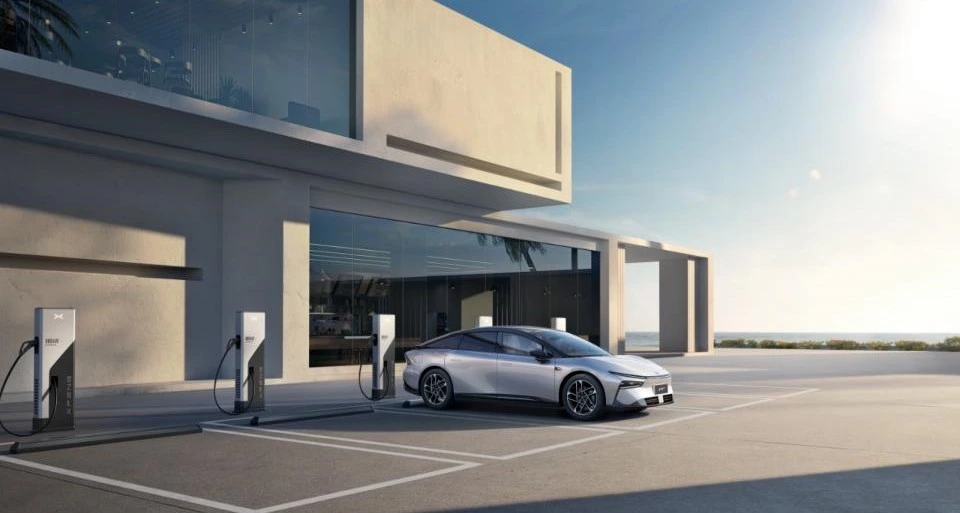
Photo courtesy of XPENG. XPENG and Volkswagen Group China to Jointly Build One of the Largest Super-Fast Charging Networks in China
Volkswagen And Xpeng Expand Partnership To Build Ultra-Fast EV Charging Network In China
Volkswagen and the Chinese automaker Xpeng Motors announced a partnership expansion to develop a joint ultra-fast electric vehicle charging network in China this Monday.
In a Rush? Here are the Quick Facts!
- Xpeng and Volkswagen strengthen their partnership to build the largest ultra-fast EV-changing network in China.
- The company’s customers will be able to access both Volkswagen and Xpeng’s 20,000 charging stations across 420 cities in China.
- The automakers expect to build new co-branded stations and optimize current locations.
According to the press release, the automakers signed a Memorandum of Understanding (MOU), in which they agreed to create co-branded charging stations and share existing ones, allowing customers from both companies to access each other’s charging networks.
The new agreement will connect and include over 20,000 charging stations across 420 cities in China. The companies expect to include more stations, improve efficiency, and stand out as China’s largest super-fast charging network.
“Combining the technological advantages in high-power liquid-cooled super-fast charging as well as the broad and complementary coverage of both parties in China, customers of both parties will have the opportunity to enjoy the superior fast charging experience across China,” states the document.
According to Reuters, the German and Chinese companies have been working together since 2023, when they signed an agreement to build new Volkswagen EV models for 2026. That agreement allowed the German company to build more electric vehicles with advanced intelligence at a lower cost. Volkswagen also bought 4.99% of Xpeng for $700 million.
Both firms’ shares have risen since the public announcement. According to CNBC, Xpeng’s shares closed 3.4% higher in Hong Kong, while Volkswagen’s shares increased 2% in Europe—marking a positive start to the year after ending 2024 on a low note.
A few days ago, Volkswagen, Skoda, Audi, and Seat’s electric vehicles were affected by a massive data breach exposing sensitive information from over 800,000 customers.


 Previous Story
Previous Story

 Latest articles
Latest articles 

Leave a Comment
Cancel